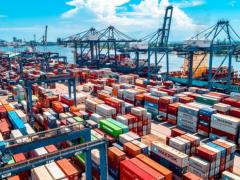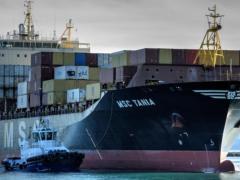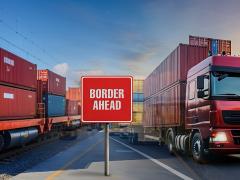As regulations tighten worldwide, more African logistics companies are turning to technology to manage and report on their environmental, social and governance (ESG) impacts. Unlike Europe, where ESG reporting is more mature and often mandatory, many African transporters are still navigating the early stages of adoption. “Managing ESG is a multifaceted challenge that requires constant monitoring, data analysis and the ability to adapt to regulatory and market changes,” said Renko Bergh, co-founder of CtrlFleet. “Technology makes these processes easier by providing tools to monitor performance, analyse data and report results efficiently, transforming how organisations manage and communicate their efforts toward a more sustainable future.” He said one of the biggest benefits of technology in ESG was its ability to monitor and analyse large volumes of data in real time. Specialised software platforms allow companies to track key performance indicators (KPIs) related to environmental, social and governance issues. “Practically, this means sustainability platforms that offer a complete suite of tools to monitor ESG impacts. This allows companies to integrate data from various sources and generate detailed reports that meet international ESG standards. “Transparent and effective communication of ESG achievements is key to gaining stakeholder trust and complying with regulations. Technology makes it easier to create detailed, visually appealing sustainability reports that can be shared with investors, customers and other stakeholders,” he told Freight News. “It also helps meet ESG reporting standards, such as those of the Global Reporting Initiative (GRI) or the Sustainable Accounting Standards Board (SASB). Software tools can automate data collection and ensure reports comply with regulatory requirements.” According to a Gartner report, companies that use advanced technologies to manage ESG are 30% more likely to outperform their competitors in terms of performance and regulatory compliance. Bergh believes there is a growing need for transporters to effectively manage and report on their ESG efforts. “Although the adoption and widespread regulation of ESG standards in South Africa is still in the early stages, it is rapidly becoming a business imperative.” He noted that in Europe, transporters were already required to calculate and report their ESG footprint to comply with stricter regulations and meet sustainability targets. In this context, software and technological tools have become essential allies for optimising performance and showcasing the impact of transporters’ initiatives. He said with investors becoming more aware of the importance of non-financial factors when evaluating the future success of a company, ESG reporting had grown in popularity. However, many businesses continue to struggle with accumulating, analysing and disclosing ESG data accurately and efficiently. LV
Technology empowers responsible practices
Comments | 0












